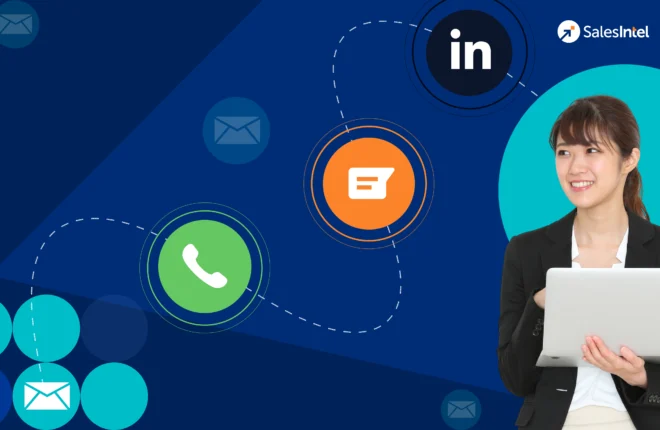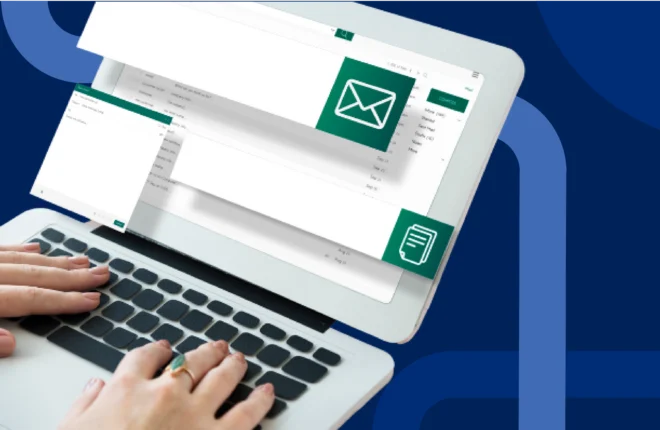Despite its recognition as one of the key components of business strategy and growth, data remains one of the most misunderstood and mishandled IT resources. While all businesses need data for their sales and marketing efforts, few have experience and expertise in finding reliable data partners and even fewer can navigate through the complex purchasing models offered by different companies.
And it’s not by accident. Many vendors deliberately keep their purchasing plans vague and confusing, leading their customers to the wrong choices to earn inflated profits.
Making the right choice in B2B data providers is not just about achieving better productivity. It can also contribute significant cost savings in the long run. Here your quick guide:
Data Purchasing Models
To decide which model is best suited for your business needs, you first need to have a decent understanding of all the available purchase models:
Purchasing Email Lists
Data providers generally categorize their database by industry, persona, geography, et cetera.
For instance, if a company purchases 1 million contacts, it might segregate into 5 lists of 200,000 contacts pertaining to different industries like healthcare, education, finance, and so forth. The same goes for persona and geography as well.
Now, given that there are significant overlaps between these categories (the same person/enterprise may fit into different lists), companies can end up creating a large number of lists from even a decently sized database. Purchasing by lists means you get access to any one of those lists.
Credits
This a simpler model where customers have to pay for every contact they pull out of the database. It gives customers the flexibility to pay a small fee and yet access the entire database. The problem here is that the cost per contact is very high and rises significantly as the demand grows.
Unlimited Access
As the name suggests, purchasing by unlimited access enables customers to access an entire database. To take the earlier example, customers would be able to access the entire 1 million contacts, which would have otherwise required purchasing numerous lists. The cost of entry with unlimited access is high, but as businesses use more data, it ends up being the most cost-effective model.
Use Cases
As you can see, each purchasing model comes with its own set of benefits and shortfalls and for that reason, there is no inherently better choice. It all depends on what the customers need. Generally, there are three use cases:
Very Limited Usage
Some businesses need just a few contacts now and then for specific accounts. For instance, they might need to get the contact information of the IT Director at BestBuy or the VP of American Operations at American Airlines. In such cases, where a company needs very limited and specific B2B contact data, purchasing data by credits is the most feasible choice. The problem here is that the cost starts piling up as soon as you pull more than a few contacts.
Industry-Specific
For businesses that target only a specific industry/persona, purchasing by lists is a viable option. They can invest a smaller amount to get limited data, but often they end up purchasing more than one list and paying significantly more for their data.
Full-Scale Operations
For businesses running full-scale sales and marketing operations that need significant amounts of data across the board, purchasing by unlimited access is the best option. As mentioned earlier, the initial cost of a subscription is higher but the price per contact is significantly cheaper.
The Contention
Given that sales and marketing are ever-evolving operations, businesses often fail to accurately gauge their future requirements and thus make the wrong choice. That is why customers purchasing data by credits or lists generally have a very negative experience. As their demand grows, the cost of data rises exponentially. For instance, if they purchase just two or more lists, they might end up paying significantly more than they would have paid for unlimited access.
How You Should Buy Your Data
To sum it all up, you should:
- Buy credit if you want only a few contacts.
- Buy lists if you target only one specific persona/ industry.
- Buy unlimited access if you want to run effective sales and marketing campaigns.
Pro tip: The eventual choice should be between credit and unlimited access because purchasing by list neither provides the scale or cost-effectiveness.
If you are still confused, you can contact our sales team to get more personalized solutions.




